
Over the last two weeks, the policy world and the media have fixated on whether the US should or shouldn’t intervene in the civil war in Syria to punish Assad for using chemical weapons. This has been a big and important debate, but it obscures the real puzzle driving all other decisions. Why would Assad use chemical weapons in the first place? As Shibley Telhami aptly stated, “the Syrian leader doesn’t need to use (chemical weapons) against his own people, especially when Russia is more than happy to supply him with conventional arms.”
So today’s puzzler is this: Given Assad’s extensive conventional weapons capabilities, why use chemical weapons? What’s the logic behind using them?

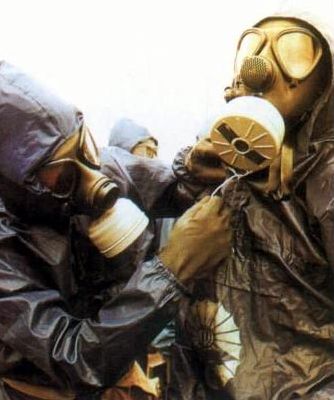

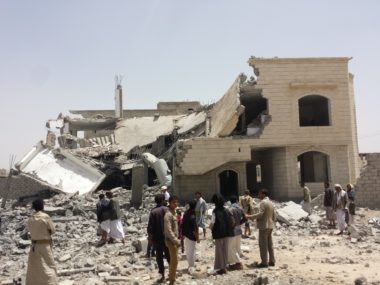
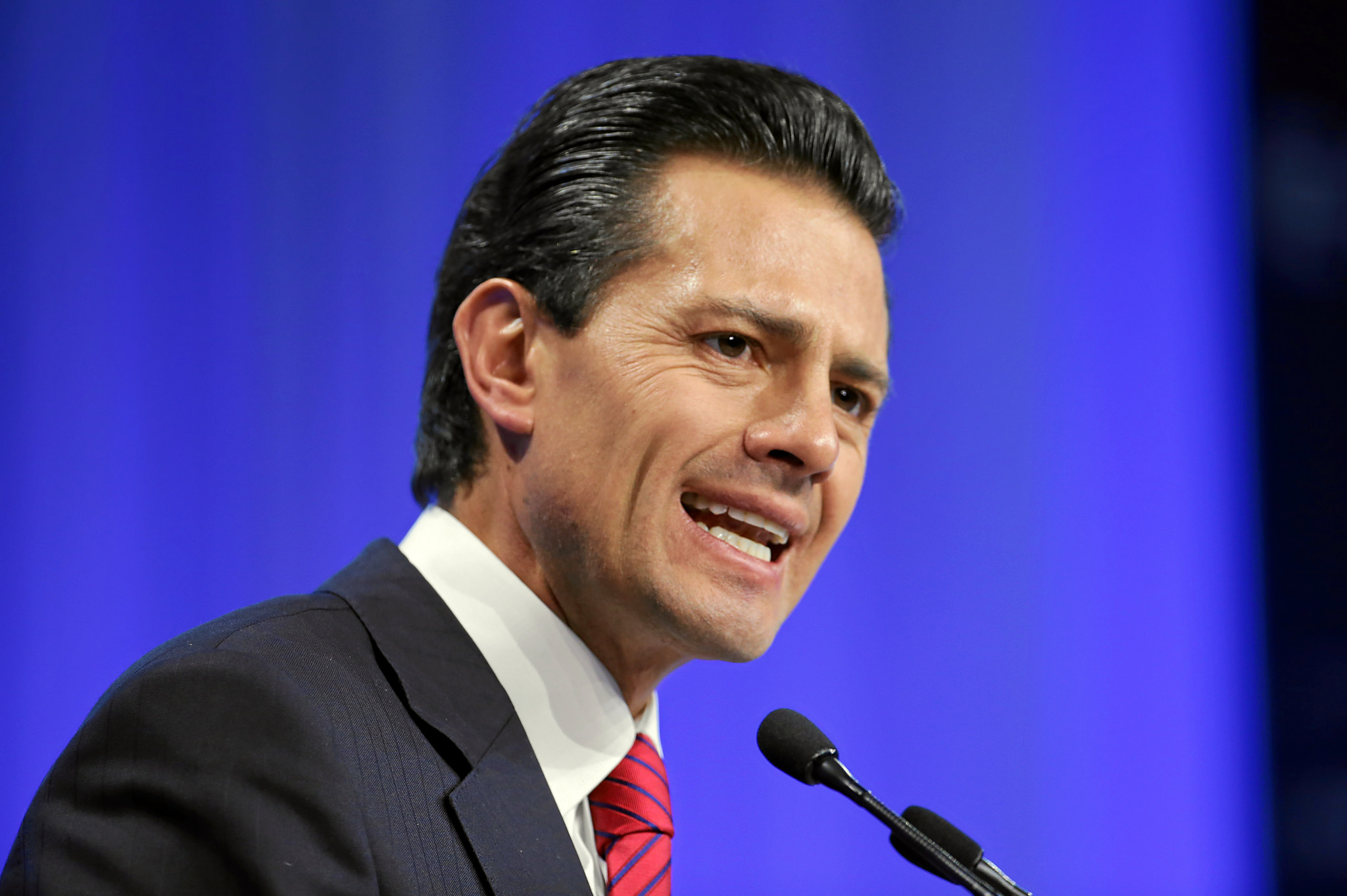
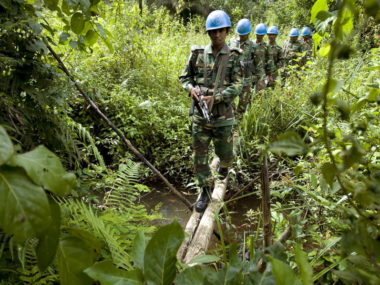
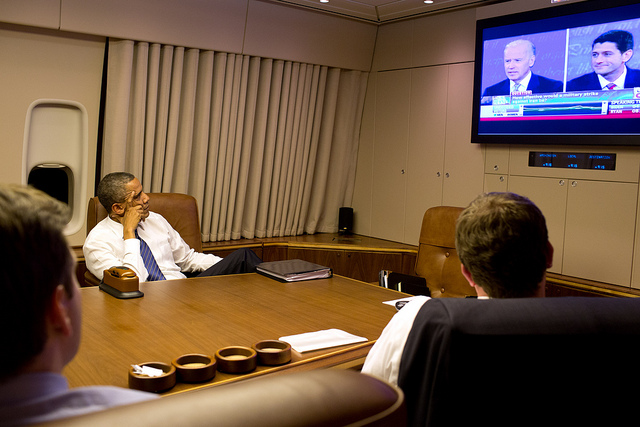
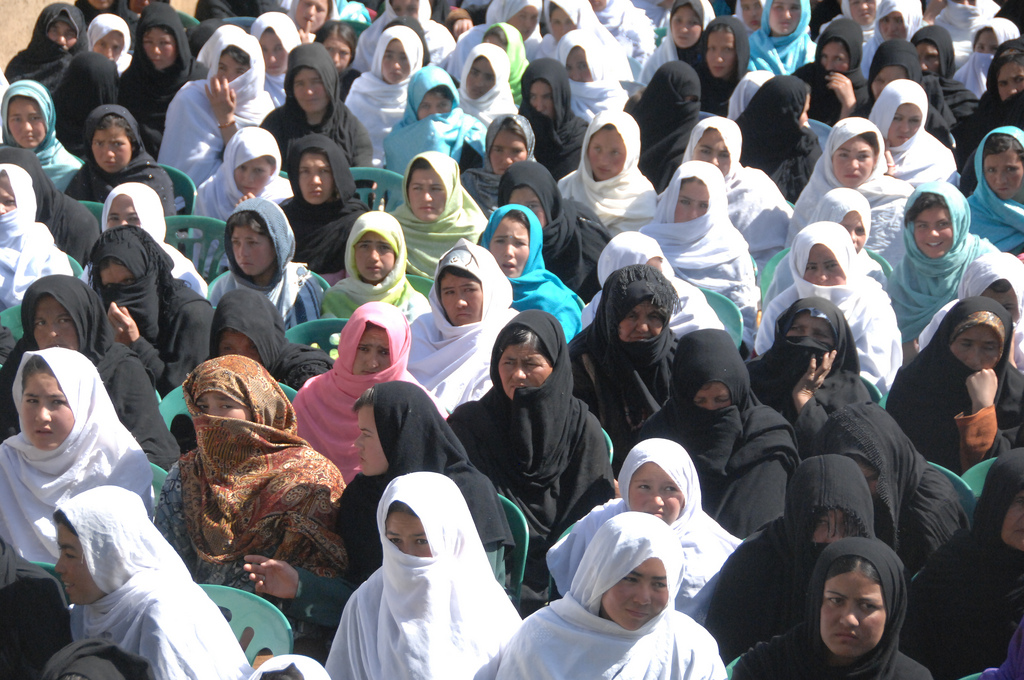
8 comments
This is something that the repression/human rights literature has dealt with somewhat but not as well as many would like. More attention has been spent on why behavioral challengers will employ violent or non-violent tactics, dissent or terrorism and the like. Clearly the objectives are beyond simple behavioral control. There is an element of destruction and punishment that goes along with the repressive tactical selection. A sense of overkill, as it were. This could result from the perception that the government is now being challenged in front of the globe. Re-establishing order is not some local, isolated issue but is something global in nature. You discuss establishing reputation as a motive for government repression (or accommodation) in your work. Do you not see this as applicable here? Or, does something emerging from Prospect Theory (like outlined above) seem more appropriate?
The appeal of chemical weapons, as with all non-conventional weapons, derives not so much from their potentially leathality as from the psychological components of fear, confusion and uncertainty that their use inflicts upon the target population. Indeed, chemical, biological, and radiological weapons are often far less effective in causing fatalities than conventional weapons. Thus we must conclude that the use of chemical weapons in Syria is a strategic signaling message rather than a tactical military decision. Through his recent use of sarin, Assad signal to the global community that he does not recognize the authority of the international community’s ‘global norms’ in how Syria handles its civil war. The lack of military response to the crossing of the so-called chemical “red line” has pointedly confirmed for the Syrian opposition forces that relying on intervention by the international community to depose Assad is futile; protected by Russia and China the regime in Damascus can act with de facto impunity. The use of chemical weapons again civilian areas also create a graphic showcase of the consequences of opposing Assad. The logic, then, is to demonstrate to both internal and international audiences the determination of Bashi al-Assad how to retain his grip on power and the lengths to which he is willing to go to do so.
Mila touches on a good point here. Up until now, Syria has been scrupulous in fulfilling its international obligations. So why the change? For me, it’s helpful to stop thinking about this conflict as a civil war but more as a proxy war (many fighters from Iraq, lethal military aid from Turkey, Saudi Arabia and Qatar – at least) and sending a message to the international community may be a larger factor in Assad’s calculus than many take into consideration. Assad can always argue that his use of chemical munitions, thus far, breached no treaty Syria was party to (that I know of), after all.
Mila Johns is right, I think. It is all about fear. And in my opinion the most important audience is the internal one.
By using chemical weapons, Bashar Al-Assad makes it quite clear that he will do anything, use any tactic, to win this war. And since chemical weapons are so misunderstood, we can only expect rumours (true or false) about their effects to spread among Syria’s population like wildfire. Standing up to Assad is a much tougher task today than it was two weeks ago
Assuming that it was government forces who used the Sarin, I see two possibilities / explanations.
First, the order did come from Assad to utilize Sarin as a signal of resolve to the opposition. By engaging in such a costly form of conflict (in that the international community would be forced to respond in some way, either with force or putting extreme diplomatic pressure on the Assad regime to give up its remaining chemical weapons), Assad could just be displaying his willingness to suffer far more costs before he thinks about negotiating a peace or abdicating. A similar argument has been made in the civilian targeting literature about why rebel groups would target civilians, but I see no reason why the same logic cannot apply to the state.
Second, the order did not come from Assad but instead was a decision made lower down the command chain by military commanders who either wanted to signal resolve, are scared, or some combination of the two. If this is the case, it is certainly not something Assad would want to admit for fear of revealing weaknesses in command and control to the various groups challenging his rule and even those groups still loyal to him.
I think establishing the locus of the decision to employ chemical weapons is crucial to understanding the “why”.
I think it’s important to acknowledge that CW use might not be as strategic as it appears. If you believe the “Assad lost his temper” reporting it’s possible that he simply got murderously frustrated with the embarrassment of rebels holding Damascus neighborhoods and ordered the attack without much thought.
Of course this doesn’t alter the question of how the international community should respond, but once chemical munitions are distributed to local military units their use doesn’t necessarily have to be a thought-out decision.